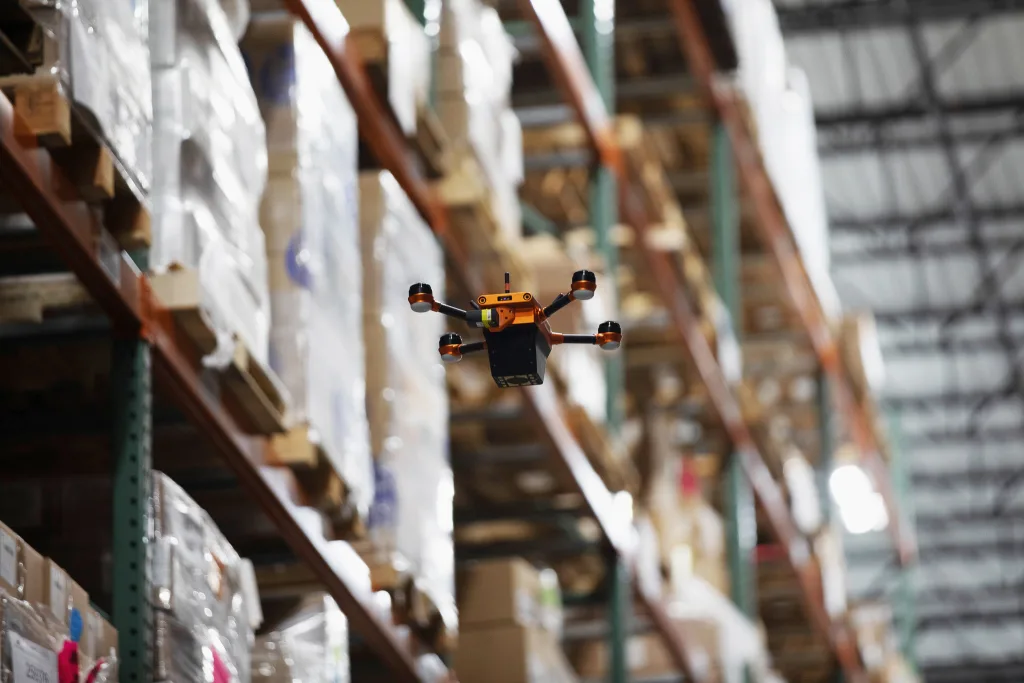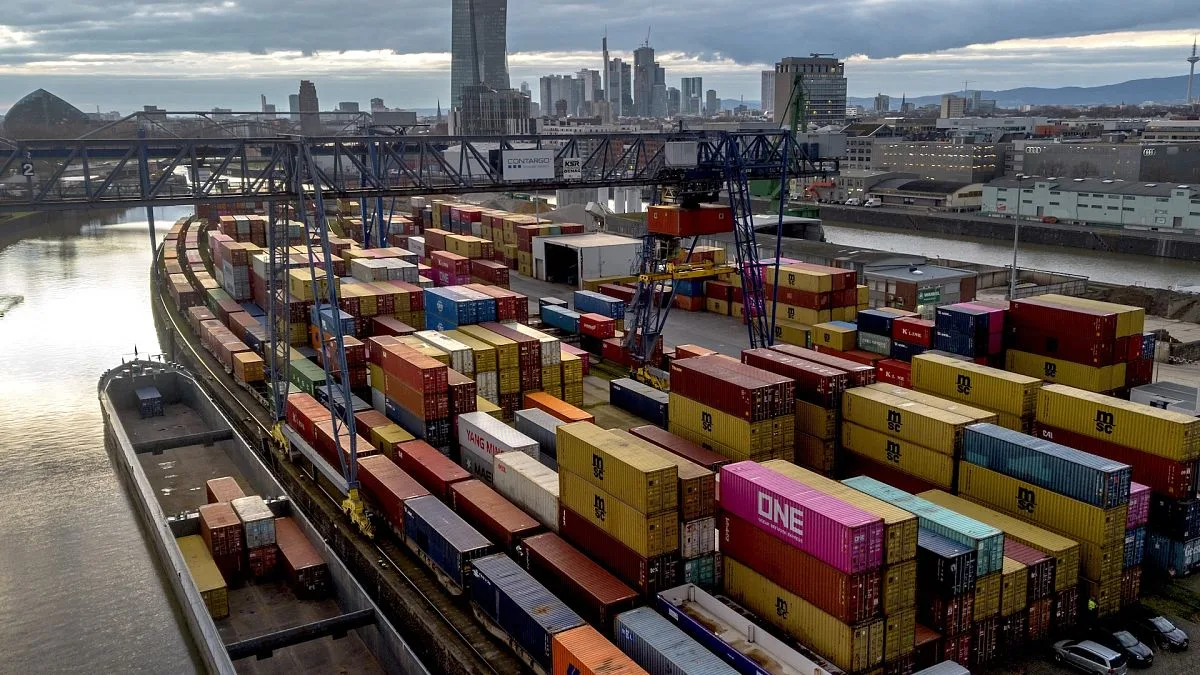In today’s fast-paced world of logistics—whether in fulfillment centers, manufacturing, or distribution—speed is essential. However, the efficiency of shipping products hinges on workers’ ability to locate inventory swiftly. It’s a common challenge: lost or misplaced items can wreak havoc in warehouses globally.
Enter Corvus Robotics, an innovative company tackling this issue with a cutting-edge inventory management platform. Utilizing autonomous drones, Corvus can scan the towering stacks of pallets that are a staple in most warehouses. These drones work around the clock, whether the lights are on or off, assisting human staff in achieving an unparalleled level of product visibility.
“Traditionally, warehouses conduct inventory checks twice a year. We’ve revolutionized that process to once a week or even more frequently,” explains Corvus co-founder and CTO, Mohammed Kabir ’21. “The operational efficiency gained from this is substantial.”
Corvus is already transforming inventory tracking for distributors, logistics providers, manufacturers, and grocers alike, enabling them to see significant improvements in their operational speed and efficiency.
The secret behind Corvus’s remarkable success is the creation of a drone platform capable of navigating the challenging conditions present in warehouses—where GPS signals are unreliable and Wi-Fi can be spotty. By leveraging cameras and neural networks, Corvus’s drones provide a new level of precision in inventory management and tracking.
Revolutionizing Inventory Management
Kabir’s journey into the world of drones started at a young age. “I was fascinated by drones before the industry even existed,” he recalls. In 2017, while he was at MIT, he connected with Jackie Wu, a student at Northwestern University. Inspired by Kabir’s work on drone navigation in GPS-denied environments, they decided to co-found Corvus Robotics.
During his time at MIT, Kabir ambitiously balanced his coursework in the Department of Aeronautics and Astronautics with building Corvus’s technology. Initially, the founders attempted to enhance off-the-shelf drones by adding sensors and computing power. However, they soon realized that building drones from the ground up was necessary for achieving the control and autonomy they envisioned.
Kabir crafted the first drone prototype in his Simmons Hall dorm room, testing each iteration directly outside. “We’d test our drones to see if they could fly, then refine our autonomy systems based on what we learned,” he shares.
Throughout this journey, he also contributed to the MIT Driverless program, which produced North America’s first competition-winning driverless race cars. “It all ties into my passion for creating autonomous robots,” Kabir notes.
From the outset, the founders recognized inventory management as a prime application for their drone technology. They later simulated a warehouse environment in Boston, complete with massive racks and boxes, to better hone their innovations.
By the time Kabir graduated in 2021, Corvus had already completed several pilot projects with clients, including MSI, a leading distributor of building materials. MSI now employs Corvus drones across multiple facilities nationwide.
The Corvus One drone, hailed as the world’s first fully autonomous warehouse inventory management drone, boasts 14 cameras coupled with an AI system for safe navigation, allowing it to scan barcodes and track each product’s location efficiently. The collected data integrates directly with the customer’s warehouse management system, automatically identifying discrepancies with suggested solutions. Users can customize no-fly zones, flight behaviors, and automated schedules through the Corvus interface.
“Initially, we weren’t sure if achieving lifelong, vision-based autonomy in warehouses was feasible,” Kabir admits. “We discovered that creating infrastructure-free autonomy using traditional computer vision methods presented significant challenges. We were pioneers, delivering a learning-based autonomy stack for indoor aerial robots long before ‘AI’ became mainstream.”
Setting up the Corvus system is straightforward: the team installs charging and data transfer docks at strategic locations along product racks. The drones then autonomously complete the setup, refining the mapping process with their precision. Kabir notes that a typical setup in a one-million-square-foot facility takes only about a week.
“We don’t rely on stickers, reflectors, or beacons,” he highlights. “Our rapid setup process is a significant differentiator in the market—this is what we mean by infrastructure-free autonomy.”
From Forklifts to Drones: The Future of Inventory Management
Currently, inventory management often involves manual processes where a worker uses heavy machinery like forklifts or scissor lifts to conduct checks, resulting in infrequent and often inaccurate data collection. “Workers must climb up and down on lifts while navigating numerous manual tasks,” Kabir explains. “Data collection is often disconnected, leading to operational challenges driven by poor quality information. Until you address the underlying data collection issues, you can’t resolve these problems.”
Corvus’s technology bridges the gap, enhancing the integration of inventory management systems while safely operating alongside human staff and forklifts. “When we enter a warehouse, we treat it as a privilege granted by the customer,” he states. “We design our systems to work seamlessly within their operational schedule.”
Looking ahead, Kabir envisions Corvus as the most comprehensive inventory management solution available, aiming to introduce more end-to-end solutions for tracking inventory as soon as it arrives at warehouses. “Drones address part of the inventory management challenge,” he reflects. “However, many items are misplaced before they even reach the racks. Our goal is to tackle these fundamental issues to reshape inventory management entirely.”
Photo credit & article inspired by: Massachusetts Institute of Technology



